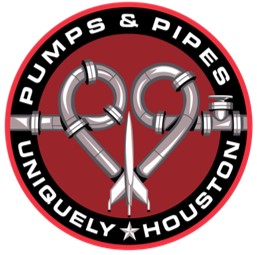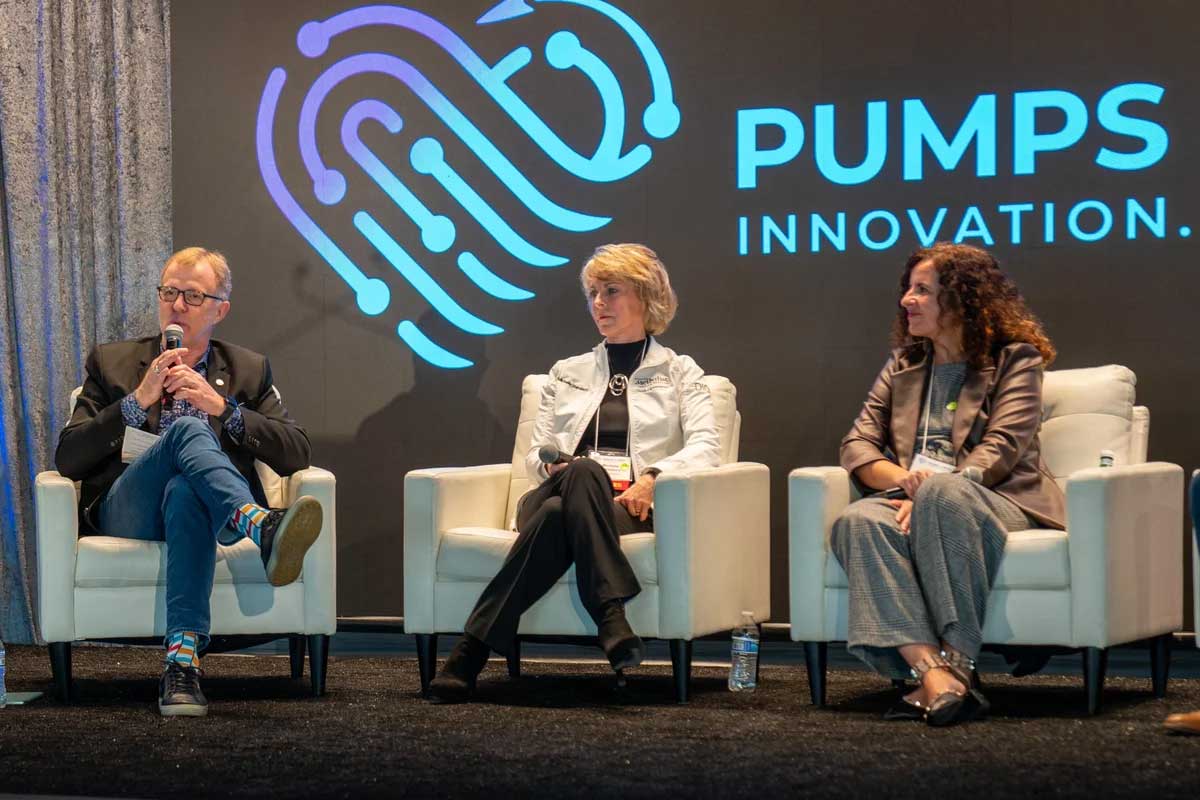Open innovation, or the practice of sourcing new technologies and idea across institutions and industries, was top of mind at the annual Pumps & Pipes event earlier this week.
The event, which is put on by an organization of the same name every year, focuses on the intersection of the energy, health care, and aerospace industries. The keynote discussion, with panelists representing each industry, covered several topics, including the importance of open innovation.
If you missed the discussion, check out some key moments from the panel.
“If we want to survive as a city, we need to make sure we can work together.”
— Juliana Garaizar of Greentown Labs. “From being competitive, we’ve become collaborative, because the challenges at hand in the world right now is too big to compete,” she continues.
“The pace of innovation has changed.”
— Steve Rader of NASA. He explains that 90 percent of all scientists who have ever lived are alive on earth today. “If you think you can do it all yourself — and just find all the latest technology yourself, you’re kidding yourself.”
“You can’t close the door. If you do, you’re closing the door to potential opportunities.”
— Michelle Stansbury, Houston Methodist. “If you think you can do it all yourself — and just find all the latest technology yourself, you’re kidding yourself.” She explains that there’s an influx of technologies coming in, but what doesn’t work now, might work later or for another collaborator. “I would say that health care as a whole hasn’t been very good at sharing all of the things we’ve been creating, but that’s not the case today,” she explains.
“The thing that makes Houston great is the same thing that makes open innovation great: diversity.”
— Rader says, adding that this makes for a great opportunity for Houston.
“Some of our greatest innovations that we’ve had come from other industries — not from health tech companies.”
— Stansbury says. “I think that’s the piece everyone needs to understand,” she says. “Don’t just look in your own industry to solve problems.”
“Nobody knows what is the best technology — the one that is going to be the new oil.”
— Garaizar says. “All of this is going to be a lot of trial and error,” she continues. “We don’t have the luxury of time anymore.”

